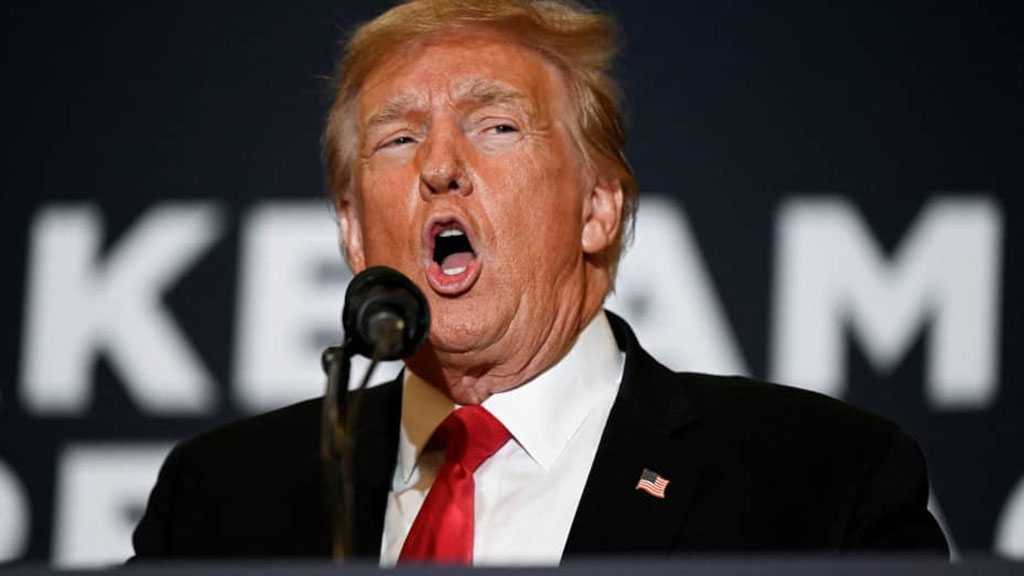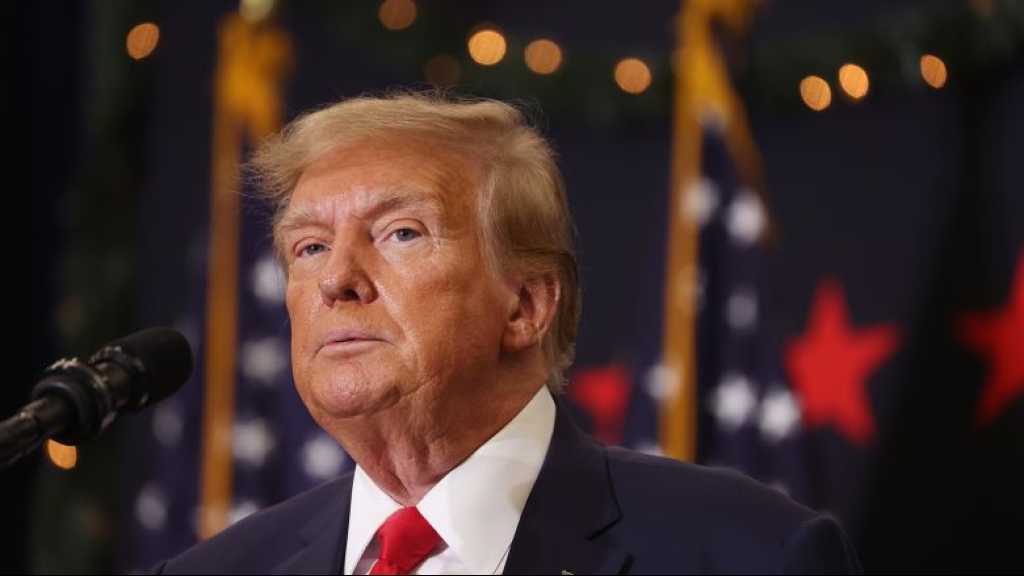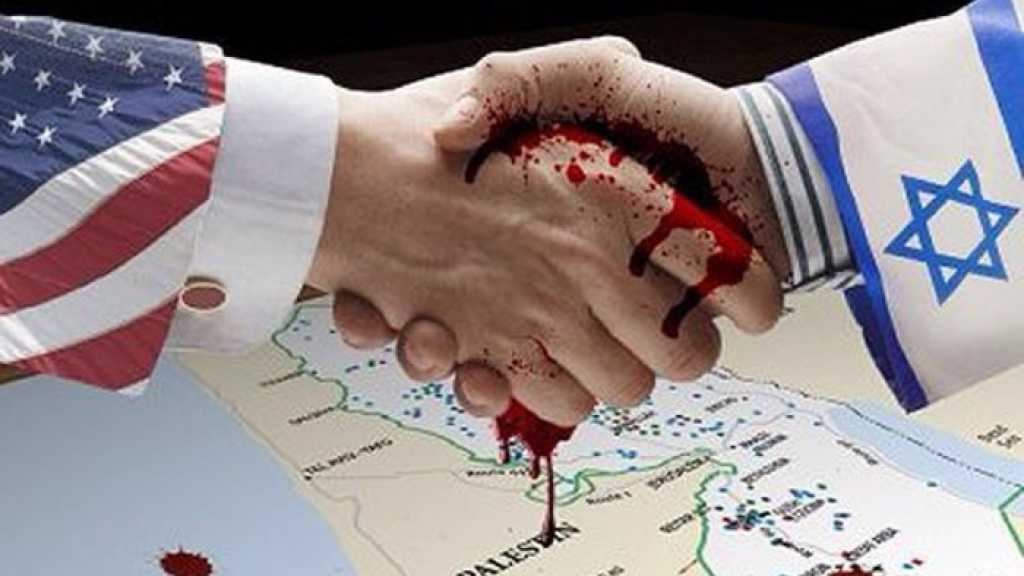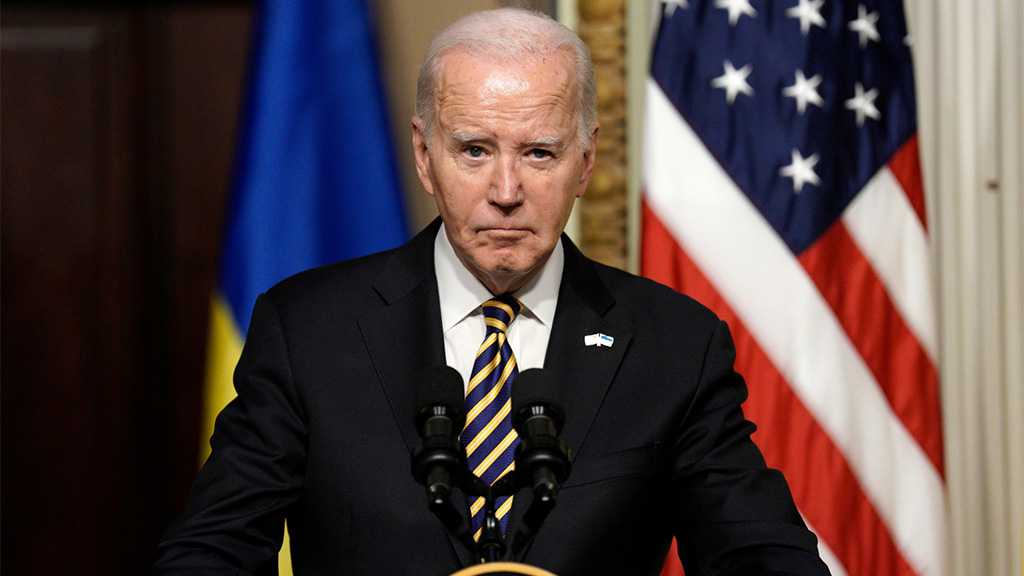
’Khorasan’: A Terror Group More Feared by US than ISIL
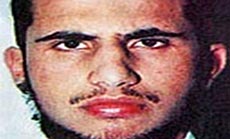
Local Editor
A new enemy: After al-Qaeda and ISIL, the US fears a new group code-named, "Khorasan".
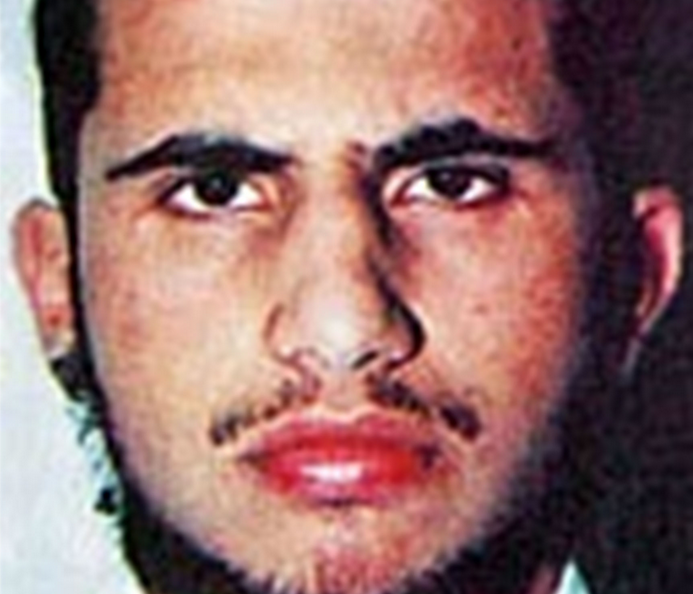 The US dailies fear that more than 13 years following September 11, one of the operation's commanders is back and perhaps more dangerous than ever.
The US dailies fear that more than 13 years following September 11, one of the operation's commanders is back and perhaps more dangerous than ever.
On Sept. 11, 2001, Muhsin al-Fadhli had been barely more than a boy, aged 19.
But today the steely-eyed 33-year-old operative is in Syria, leading a group of clandestine al-Qaeda operatives called "Khorasan," which some American officials said may be more dangerous in some respects than the ISIL.
American officials told the Associated Press, its members have come from Pakistan, Yemen and Afghanistan to exploit the flood of Western extremists who now have skin in the fight - and possess very valuable passports.
According to the AP, al-Qaeda leader Ayman al-Zawahiri dispatched this deputy to recruit those Western fighters, who have a better chance of escaping scrutiny at airports and could place bombs onto planes.
In what the Wall Street Journal described as the first time an American official publicly acknowledged the group, James Clapper said late last week that, "In terms of threat to the homeland, Khorasan may pose as much of a danger" as the ISIL . The New York Times then reported the group posed a "more direct threat" to American and Europe than the ISIL.
"The group's repeated efforts to conceal explosive devices to destroy aircraft demonstrate its continued pursuits of high-profile attacks against the West, its increasing awareness of Western security procedures and its efforts to adapt to those procedures that we adopt," Nicholas Rasmussen, deputy director of the National "Counterterrorism" Center, recently said, referring to al-Qaeda's bomb-making branch in Yemen.
But beyond such intent, little is known of Khorasan. Even now, it's unclear how many members Khorasan has, how long it's been in existence, or what its core message is. Its low profile provides a sharp contrast to the flamboyance of the ISIL, which operates with an almost pathological desire for attention, publishing graphic-heavy magazines and flooding social media with images of carnage.
What is known of Khorasan barely extends beyond its leader, a notorious al-Qaeda operative who President George W. Bush mentioned in a 2005 speech. US officials have tracked Fadhli for more than a decade, and he is cited by both the United Nations and the State Department as having participated in al-Qaeda plots. The State Department, calling Fadhli a "senior facilitator and financier," put out a $7 million reward for information about his location in 2012.
"He has assisted al-Qaeda in moving multiple operatives from Pakistan via Iraq and Turkey to destinations in Europe, North Africa and Syria," a State Department release said. "And [he] is believed likely to continue moving experience al-Qaeda operatives to reinforce and gain influence in those areas."
Fadhli's rise through the al-Qaeda ranks was both meteoric and startling. Born on April 24, 1981, in Kuwait, he ascended so quickly American officials said he knew of the Sept. 11 attacks when he was barely 20, and then continued to tap him for more responsibilities and terror plots. He was connected with some of the most notorious terrorists of the past generation, including al-Qaeda leader Abu Musab al-Zarqawi.
"He was the bodyguard and second-in-command for a leader in the al-Qaeda network and fought for al-Qaeda in the north of Afghanistan," the United Nations reported. "Al-Fadhli also fought against Russian forces in Chechnya, where he trained in the use of firearms, anti-craft guns and explosives. Al-Fadhli was a facilitator connected with the al-Zarqawi groups in Iraq, providing support to fighters there."
But where he appeared to show his true worth to the group was in his fundraising and organizational skills. He allegedly raised money for an October 2002 attack on a French ship off the coast of Yemen, killing one crew member and disgorging 50,000 barrels of crude oil that inundated 45 miles of coastline. And soon, he had stitched together an "extensive network" of Kuwaiti extremist donors, according to the State Department.
Source: News Agencies, Edited by website team
Comments
